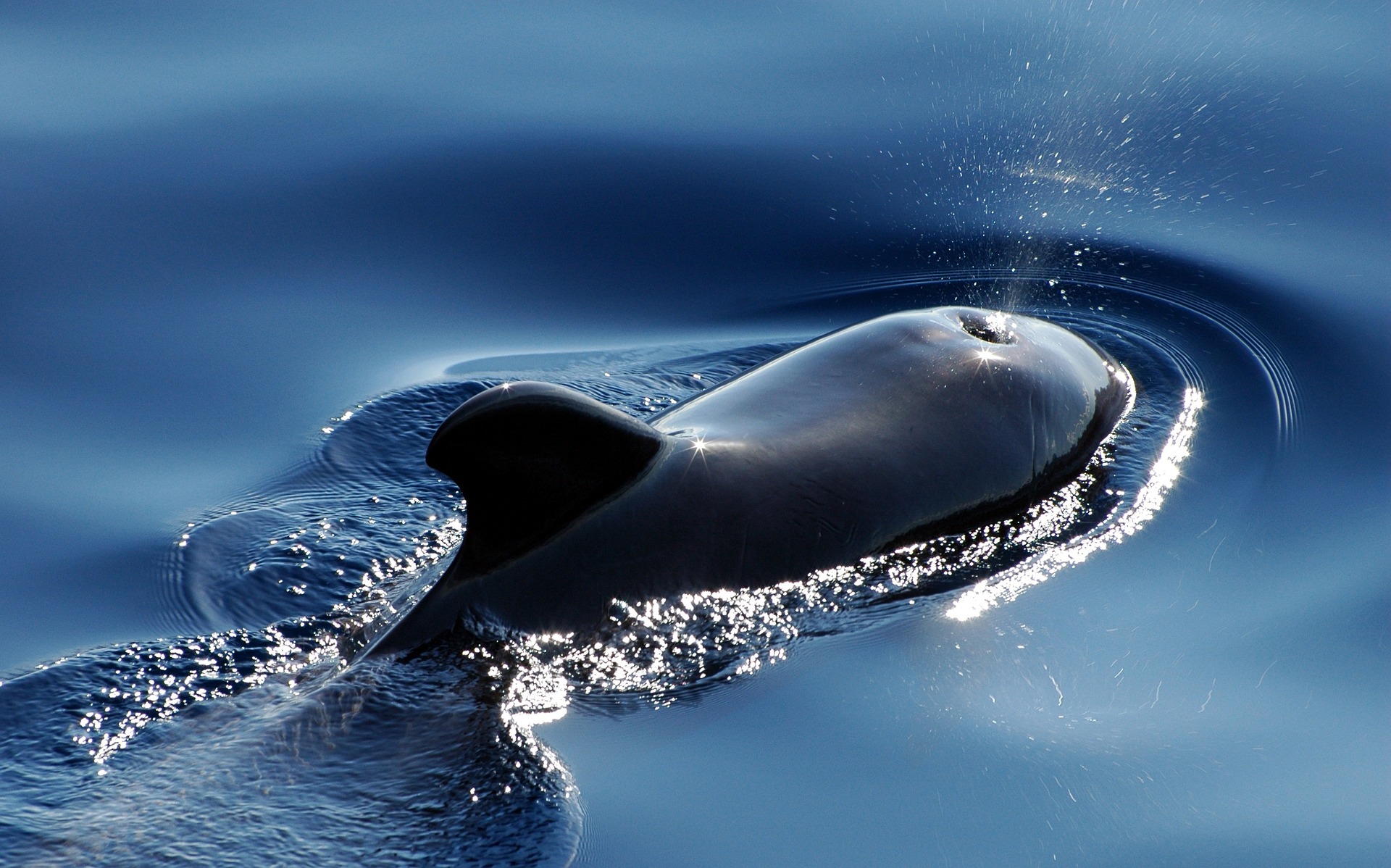Expert Reaction
These comments have been collated by the Science Media Centre to provide a variety of expert perspectives on this issue. Feel free to use these quotes in your stories. Views expressed are the personal opinions of the experts named. They do not represent the views of the SMC or any other organisation unless specifically stated.
Dr Jan-Olaf Meynecke is from the Griffith Centre for Coastal Management at Griffith University
Pilot whales belong to the family for toothed whales and one of their main sense for orientation is echolocation. Using echolocation in shallow waters and bays can often result in confusion and disorientation.
Pilot whales are known to migrate and large pods often over 100. Their social structure sees a number of leader that are being followed by the pod. If these leaders get confused or disorientated all animals will remain in the area and put themselves in danger of stranding.
There are number of reasons as to why whales are stranding. Miscommunication and disorientation due to echolocation signals not working well in shallow waters, noise pollution, strong variation in electromagnetic fields, a sick group leader are all possible causes of mass strandings.
If a member of the public sees a stranding, alert officials. Most animals will be too large to assist and it can be dangerous. Once a rescue team arrives help is often needed and the more people available to assist, the better.
If the carcasses are left near or on the beach in reach of tidal water sun and weather will determine how long the carcasses are attracting sharks. Some animals will decompose quickly lying on the beach and after a few weeks little will remain. Sharks are mostly attracted to animals that have recently died (within a couple of days). The more decomposed the animal is the less likely sharks are going to feed on it.
Dr Rebecca Wellard is Head of Ocean Biodiversity and Habitats at Minderoo Foundation and an Adjunct Research Fellow at Curtin University
Mass strandings almost invariably involve oceanic species of cetaceans. Long-finned and short-finned pilot whales tend to be the most frequent casualties. Their highly social nature and strong familial bonds could explain why this species is amongst those cetaceans that most frequently mass-strand - where when one whale becomes stranded the others tend to follow. They are highly vocal and have complex acoustic signalling within the social group.
Strandings are complex events and there are many reasons why dolphins and whales may strand. In most cases the exact cause is unknown but it could be for many different reasons ranging from human activities, such as anthropogenic noise in the environment, or an illness causing one animal to strand with the rest to follow, or a 'high risk area', where the physical contour of the environment may be the cause of repeated strandings. For example large tidal range and shallow waters can leave animals stuck in shallow receding water.
Historically there have been whale strandings before at Hamelin Bay, in 2009 70 pilot whales were also stranded.
Professor Culum Brown is the Head of the Fish Lab at Macquarie University
Dead whales will certainly attract all kinds of predators and scavengers, including sharks. While sharks do not normally target humans, in this context with plenty of food on offer it is likely that anyone in the water will be accidently bitten.
In general, it is advisable to stay out of the water in contexts where sharks are likely to be feeding: near dead animals, dawn and dusk, near rivers after rainfall and near seal colonies.



 Australia; WA
Australia; WA


